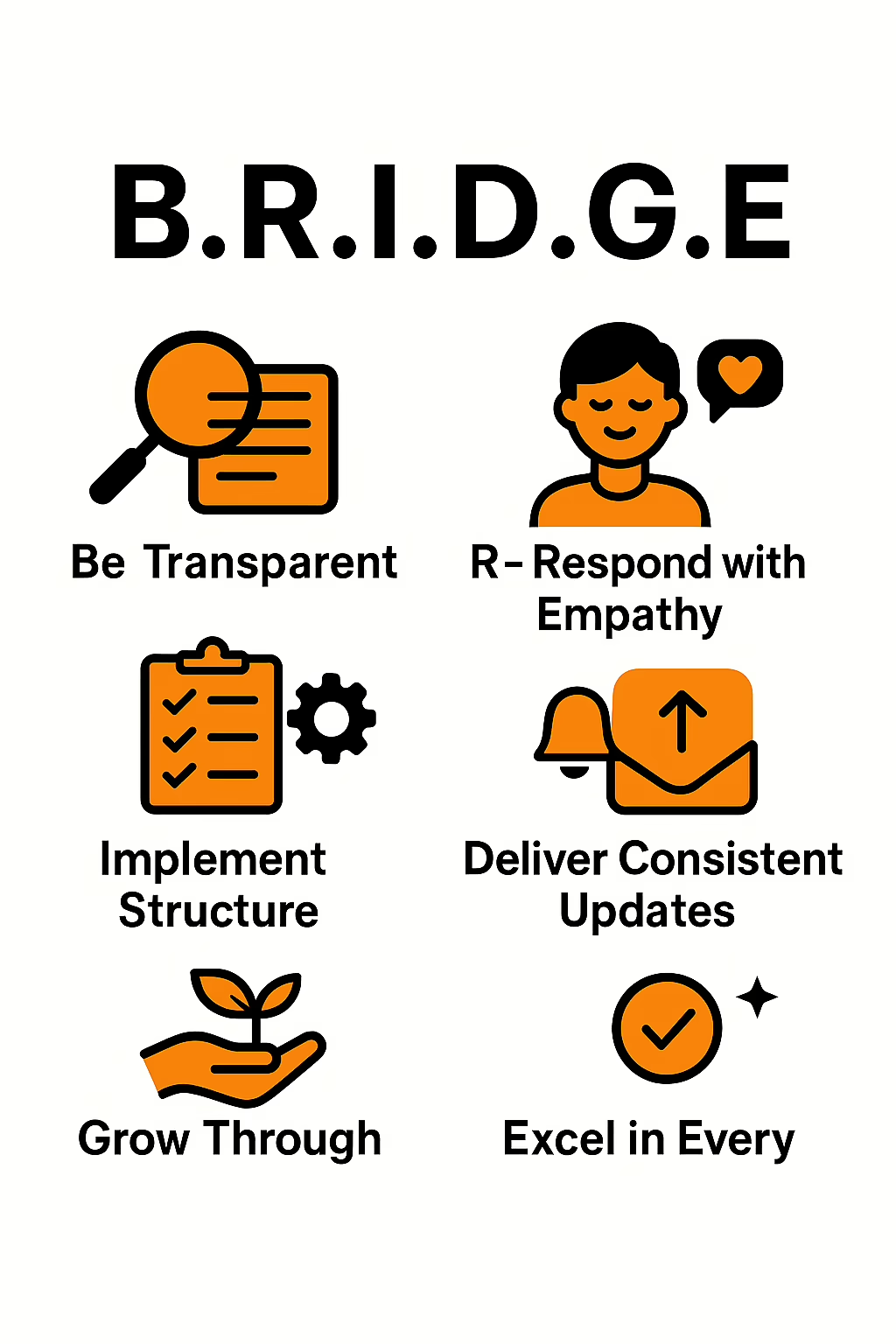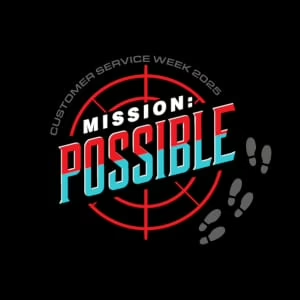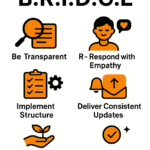The legal profession is stressful and highly competitive. Moreover, its demanding nature begins straight from law school and grows as advocates enter the profession.
On the one hand, a healthy dose of stress is good for optimum productivity, based on the Yerkes-Dodson law of performance. According to a 2016 article published in the Harvard Business Review, the Yerkes-Dodson law posits that stress enhances performance up to a certain level.
Essentially, moderate stress levels provide clarity, alertness, and motivation. In contrast, high arousal or high stress levels impair performance. Also, different tasks require different arousal levels, with complex tasks being performed more effectively at low arousal for concentration and high stamina activities requiring higher arousal for motivation.
Therefore, stress management for optimal performance is a science that is not nearly as predictable as anyone would like. Consequently, many people, especially in demanding professions like lawyering, experience burnout and other forms of mental health problems resulting from stress.
A global study on mental health in the legal profession published by the International Bar Association in 2021 highlights that stress in the legal profession is among the key contributors to mental health challenges among lawyers. Moreover, the study highlights that one in three lawyers say that their work has a negative or extremely negative impact on their well-being.
Despite the apparent prevalence of mental health challenges, the study showed that nearly half of the legal professionals refrain from discussing mental health challenges, fearing the repercussions on their careers. However, this mental health month, we pull back the curtains.
Mental health challenges are indiscriminate and can affect anyone from law students to managing partners. So today, we revisit the journeys of two Advocates of the High Court, Robert Muigai and Stella Muraguri, overcoming mental health instances.
Robert and Stella shared their experiences with the Winning at Law Podcast in May 2022. We highlight the professional life triggers that evolved into mental health struggles, how the struggles impacted their well-being, and what they would like to see change regarding mental health in Kenya’s legal arena.
The Unspoken Mental Health Struggle For Lawyers: Robert Muigai’s Journey
First to dive head-first into this pool of vulnerability is Robert Muigai. Popularly known as Bob, Robert Muigai is an award-winning lawyer and a private consultant specializing in Intellectual Property law, Employment Law, Corporate Commercial, and Corporate Governance. He is also a content creator who posts content on legal facts and funny videos on his social media platforms.
Bob won the Young Lawyer of the Year Award during the 4th Nairobi Legal Awards, dubbed the Phoenix Edition. The NLA Phoenix Edition aimed to recognize lawyers who had survived the pandemic and emerged stronger.
Robert Muigai resonated with the Phoenix theme of the awards because he had ventured into private consultancy at the height of the pandemic. Despite numerous challenges, he was able to merge his passion for the law and creative energy to create the Bob Muigai brand. Therefore, the award was well-deserved.
However, the pandemic is not the only hurdle Bob has had to overcome as a young lawyer. He has survived mental health challenges since his first diagnosis while he was in high school.
Bob’s first experience with mental health was back in high school when he was diagnosed with Attention-Deficit/Hyperactivity Disorder (ADHD). The condition means that he has difficulty concentrating. Bob is open about ADHD and is at the forefront of creating awareness about the condition through his platforms, including a YouTube channel.
While he learned to manage his ADHD diagnosis over time, his next mental health battle occurred while he was navigating the treacherous young lawyer space as a student at the Kenya School of Law.
“The first time I felt my mental health suffer was just before I sat for my bar exam. It was really stressful because first, you are being taught the law by one organization yet, another entity is setting the exam, and a third entity is marking the paper. To me, that was stressful because, “Am I writing based on what I’ve learned or to demonstrate to the person marking the exam that “yes, I understand the law?”
Robert’s stress levels culminated in stress-induced alopecia areata, an autoimmune condition in which the immune system attacks the hair follicles, causing hair loss. “I remember once I was in class and I felt a bald patch on my head. I didn’t realize it at the time, but stress was what triggered my alopecia.”
Besides the stress of studying for the exam, juggling between KSL and his corporate counsel job at Uber Kenya only aggravated the situation. “I remember by the time I was half-way through the bar exam, I was hallucinating. I remember seeing the door-stopper move and crawl up my leg and up the wall because I was sleep deprived; I had been surviving on 2-3 hours of sleep a night.”
Stella Muraguri’s Journey
Unlike Bob, who struggled with mental health in his formative years as a lawyer, Stella Muraguri, Managing Partner at MMW Advocates LLP, excelled in that phase. She worked in Kenya’s top law firms, including MMC ASAFO, and secured a reputation as a brilliant, well-rounded lawyer. However, her struggle with mental health came in when she became a legal entrepreneur.
“The level of mental and emotional fortitude required to run a business in this country is understated. No one talks to you about it, and even when you’re employed, nobody talks to you about meeting the wage bill, so you assume that it’s going to be easy, yet it’s not.”
According to the IBA report referenced above, self-employed legal professionals are particularly affected by the lack of support and uncertainty. Stella highlights that as a legal entrepreneur, you constantly deal with pitfalls, including getting clients and the funds to keep your practice running sustainably. She admits to having instances when she felt overwhelmed by the demands of legal entrepreneurship.
“There was a time I had to get sleep aid pills because I couldn’t sleep. All I could focus on at night was, “I need to see this person or have a marketing meeting with that person. Additionally, you’re facing much rejection, which is not easy. Besides the emotional aspect of rejection, rejection in the entrepreneurial context meant, “If I don’t get this done, what will happen to the practice next month?”
However, Ms. Muraguri is a testament to the fact that mental health challenges do not define an individual. Most people manage their mental wellness and live exemplary lives with the right interventions. Her law firm, MMW Advocates LLP, won the Committed Service Award during the fourth NLA edition and was runner-up for the SME Law Firm of the Year Award during the third edition of the awards.
So, how did she turn things around and emerge from a crisis to steer her firm into high recognition? Stella turned to therapy, which became an invaluable tool in helping her manage her mental health, wellness, and legal practice. She notes that therapy helped her develop the self-awareness necessary to run a successful legal practice.
According to Ms. Muraguri, a legal practice runs on three pillars: the technical aspect, the management/operational element, and the entrepreneurial element. Part of her wellness and self-awareness journey in therapy was admitting that she could not channel an equal amount of energy to all three facets. She admits that while she enjoyed the technical bit of running her practice, the management element sapped her because it always meant pouring out of her cup.
Admitting this truth in a highly competitive legal arena where the expectation is you excel all around was not easy. However, it empowered her to delegate the business elements that drained her and focus her energy on the technical aspects and being the face of the business.
Still on therapy and self-awareness, it was during such sessions that Ms. Muraguri established that she had a lot of anxiety, particularly around the unknown, causing her to overthink worst-case scenarios.
Moreover, her therapy sessions also led her to establish that she struggled with imposter syndrome. Stella admits that the therapy sessions shed light on various facets of her professional and personal life; hence, a lot of things made more sense.
Besides the rigors of being a legal entrepreneur, Ms. Muraguri, a mother of two, faced wellness challenges stemming from her personal life as a mother. While she had an easier time being an intentional mom when she had her first child, being a mother for the second time came with challenges.
First, MMW was at its inception stages when she had her first child, so it was easier to tailor her work schedule to the demands of motherhood. In contrast, the firm was much larger when she had her second born; hence, going on maternity leave was a source of stress for her.
Second, Stella had her second child during the pandemic, when uncertainty reigned. Furthermore, her practice had grown, and as the face of the business, all eyes were on her. According to her, when you’re letting two people down, you could say sorry in passing. However, it’s a very different conversation when you’re letting down 15 people.
Stella had to step away from the business entirely during her maternity leave, which coincided with the pandemic. While she had structures to keep the practice running, she recounts that it was a tough time because every bit of her wanted to be in the business running things.
On the one hand, being on maternity leave as the firm’s face meant that marketing stalled for at least three months. Second, the clients’ immediate reaction when they learned that she was on maternity leave was, “Who is going to execute my instructions while you’re away?”
Third, getting back to the rhythm of things after maternity leave also became a source of anxiety for her. These are some of the unique challenges female legal entrepreneurs face. You can read more about her perspective on the challenges female entrepreneurs face here.
All these factors culminated in a post-partum depression diagnosis. “I had to be put on antidepressants because of the stress. Also, I had to check in with my therapist and my pediatrician because as a parent going through postpartum depression, you feel like letting everything go.”
Part of her depression was being away from the office. “What if I go back to the office, and there’s no office to go back to? What if clients stop giving us work because I can’t pick calls because I’m sleeping throughout the day because I didn’t sleep at night?”Poor work-life balance also emerged among the factors detrimental to the mental health of self-employed lawyers.
Ultimately, Stella and Bob emerged on the other side of a mental health struggle in one piece.
Tools and Lessons Learned in Managing Mental Health Conditions
Given the impact of mental health crises in their lives, what practical lessons have Bob and Stella learned? Also, which actionable steps have they taken to manage their mental health despite the stressful nature of the legal profession?
-
Get Enough Sleep
Robert is more intentional about sleep, ensuring he gets enough sleep each night. Having suffered the effects of sleep deprivation, he emphasizes the importance of sleep for every lawyer.
“Sleep is something I’m learning to establish even in my work as a consultant, by trying to set boundaries, like I’m only going to work from this time to this time. You know, sometimes as a lawyer, you can be in the groove and before you realize it, you’ve been sitting there for five hours yet you started the task at 7.00pm so you sleep late, wake up early, and the cycle repeats.”
-
Embrace Active Rest
On her part, Stella is more intentional about active rest. “I am learning that taking active rest is not being lazy. I used to be those people who’d say that I would work through any illness, and proudly so. However, I’m learning that active rest is essential. Just taking a day off to think things through gives me so much clarity, even when giving direction as captain of this ship called MMW.”
-
Participate in Physical/Social Activities
Having things to do outside work also helps Bob and Stella unwind and establish a work-life balance. For instance, Bob’s ADHD means that he struggles mentally when he fails to release his stress physically. Therefore, he has taken up dance classes as a physical activity to help him achieve an emotional release. Moreover, the dance classes double as a networking opportunity for him as he highlights he has gained clients from random conversations in the classes.
Stella is also social and enjoys going out dancing while catching up with friends. Besides social activities, she enjoys cycling or driving along lush terrain, taking in Kenya’s magnificent natural scenery.
-
Go for Therapy
As highlighted earlier, therapy helped Stella overcome the two instances during which she experienced a mental health incident. While she came out on the other side, she insists that the gains from therapy are cumulative. Therefore, she continues to see a therapist intermittently for self-awareness and holistic growth.
“At times your personal issues overpour into your professional space because of things that happened to you that you have never interrogated and that you consider a natural reaction yet they’re not. So, how best do you deal with things that get to you or break you down emotionally, because these things happen daily. Therapy has helped me dig through my past, one skeleton at a time. It’s a work in progress.”
-
Get a Life Coach/Business Coach
In addition to therapists, Stella sees two other wellness professionals: a life coach and a business coach. Though she sees them intermittently, they have guided her through her entrepreneurship journey and helped her map her action plan.
“I’ve never managed anything before other than my life. So, managing a business, asking the right questions and finding the right answers on how to go about it, helps me become a better manager.”
One element she has executed from her action plan is going to business school to learn how to become a manager. While at school, she interacted with seasoned business owners who became her board of directors and showed her the business side of law. Ms. Muraguri highlights that her board of directors pour into her cup, making her wholesome.
-
Delegate
One thing Stella has learned from therapy, business school, and her board of directors is that micromanagement is the enemy of progress. “A lot of business owners have such sentimental feelings about their businesses: “It’s mine. I must control everything.” However, if you must grow as a leader, you must learn to let go of the smaller things to grasp bigger things.”
While Bob is a private consultant, he also recognizes the benefits of delegation or being part of a team. “In 2020, the only person I had was me, and I had to pick myself up and do the things that do. However, I’m realizing that for me to move forward and be able to take time off for my mental health, I must have a team.”
“I also want to ensure that I create a positive work environment that supports utmost productivity but still considers people’s struggles. For instance, if they have a weakness in a particular area, we can see how to improve on such areas.” To this end, Bob has hired an intern, and he says that provided you have a meeting of minds regarding a concept, team members can use whichever means to achieve the concept.
Bottom Line:
The Law Society of Kenya did plenty during the pandemic to sensitize lawyers on mental wellness. However, like Stella and Bob, many lawyers are probably dealing with mental health conditions they’re unaware of and haven’t even considered seeking help or a diagnosis.
According to Bob, the LSK as an entity cannot tackle mental health among lawyers single-handedly. However, he has the following recommendations for the society.
“We pay for our certificates annually, perhaps it would be nice to introduce some components that allow us to get perhaps counseling sessions every quarter. Also, perhaps the LSK could create more CPDs around mental health. I feel this would help.”
For Stella and Robert, overcoming mental health crises has been a journey of unlearning, relearning, execution, and growth. We hope their journeys toward mental wellness inspire more conversations around wellness and break the stigma around mental wellness challenges in Kenya’s legal space.












